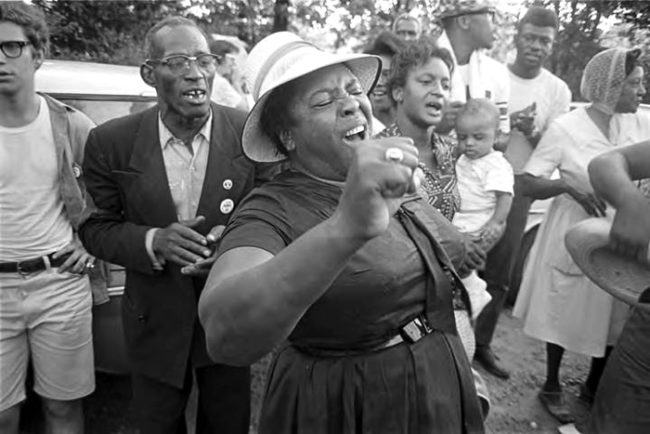
Fannie Lou Hamer singing during the 1966 “March Against Fear.” By Jim Peppler. Source: Alabama Dept. of Archives and History
Mrs. Fannie Lou Hamer was born on this day in 1917 in Montgomery County, Mississippi.
As is described at the SNCC Digital Gateway,
Mrs. Hamer was the youngest of twenty children. After reaching the sixth grade at the age of 12, she dropped out of school to work on the cotton plantations of the Delta.
After her attempt to register to vote in 1962, [the plantation owner] demanded she retract her application or face eviction. Mrs. Hamer refused and was immediately kicked off his land. When she moved into town to stay with a family, white men pumped 16 shots into the house where she was staying, barely missing the occupants. Despite threats and violence, her spirit was unbowed, and her voice became more powerful and influential. Her ability to speak plainly and persuasively impacted most everyone who encountered her, especially SNCC workers, who paid careful attention to her arguments and were swayed by her charisma.
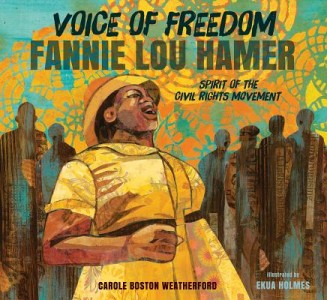 The story of Mrs. Hamer and the Mississippi Freedom Democratic Party (MFDP) should be central to any study of U.S. history. Hamer and thousands more Mississippians took one of the boldest moves ever in U.S. history to fight for a democratic process in national elections.
The story of Mrs. Hamer and the Mississippi Freedom Democratic Party (MFDP) should be central to any study of U.S. history. Hamer and thousands more Mississippians took one of the boldest moves ever in U.S. history to fight for a democratic process in national elections.
At the 1964 Democratic National Convention, Hamer’s televised testimony of being forced from her home and brutally beaten (suffering permanent kidney damage) for attempting to exercise her constitutional right to vote gripped the nation. She asked:
Is this America, the land of the free and the home of the brave, where our lives be threatened daily, because we want to live as decent human beings?
Read more about the MFDP’s dramatic challenge to the all-white delegation — and to the nation — about citizenship and political representation in the Zinn Education Project “If We Knew Our History” article, “‘Is This America?’: 50 Years Ago Sharecroppers Challenged Mississippi Apartheid, LBJ, and the Nation.”
Below are lessons, films, and readings on Hamer.

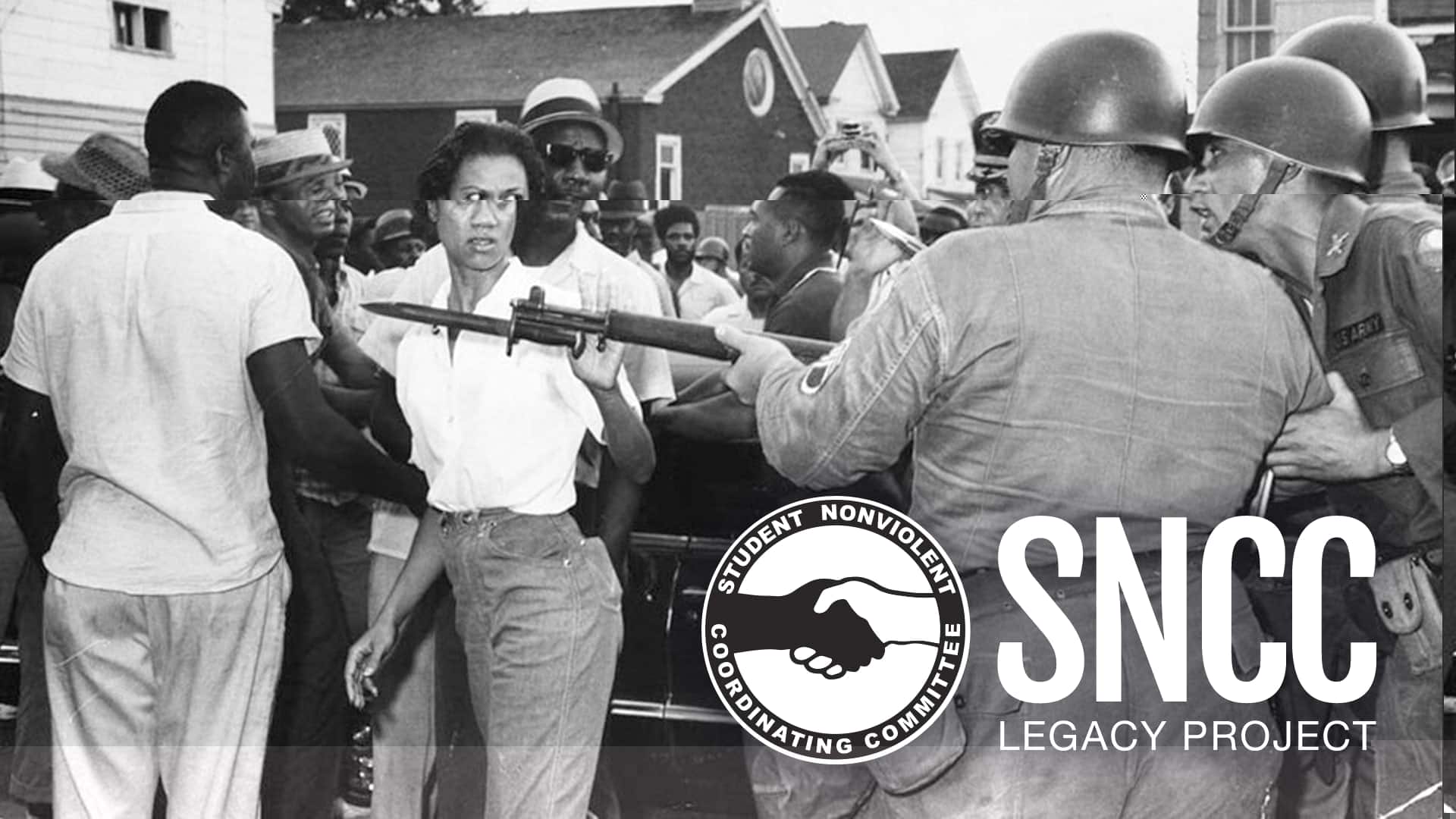
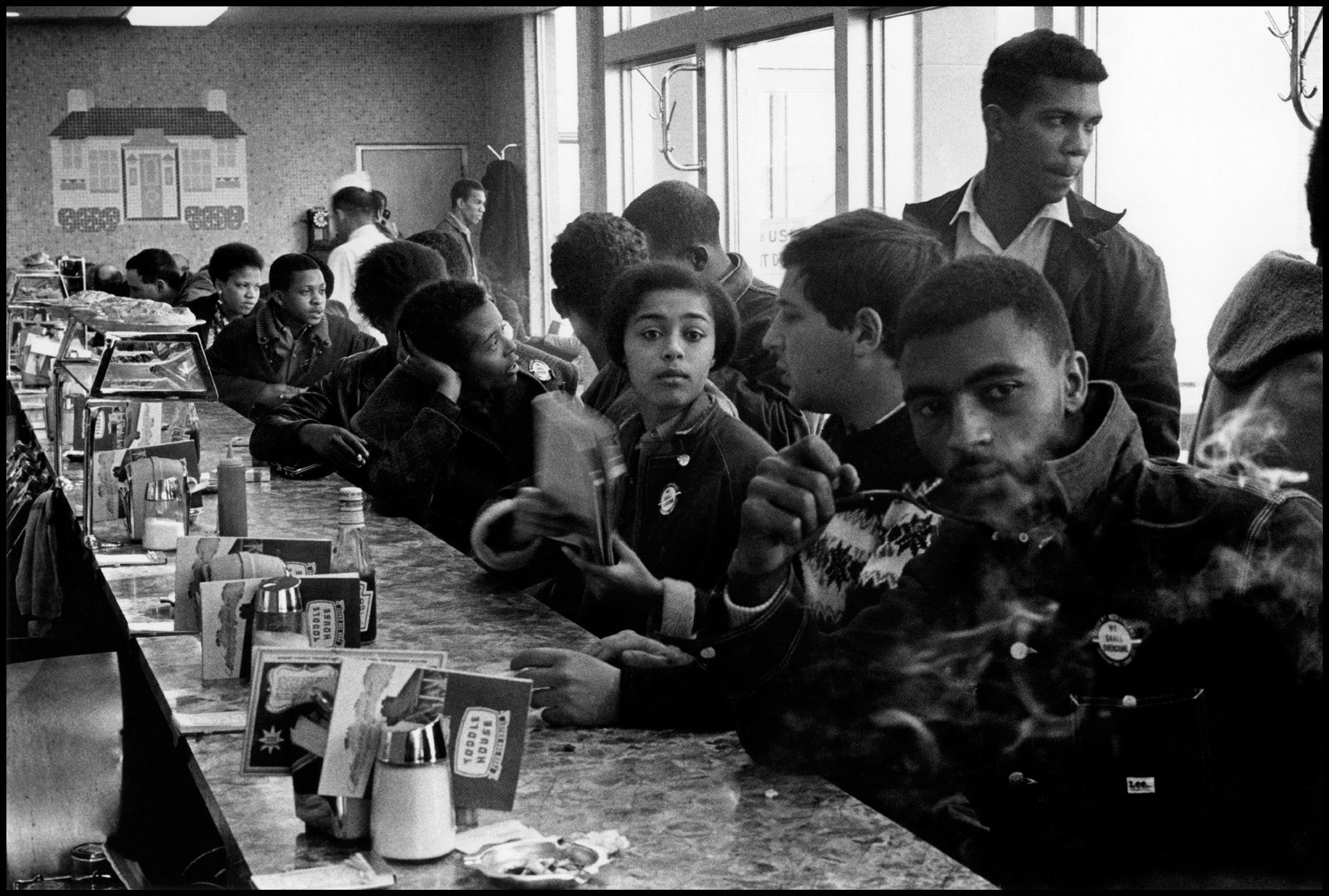
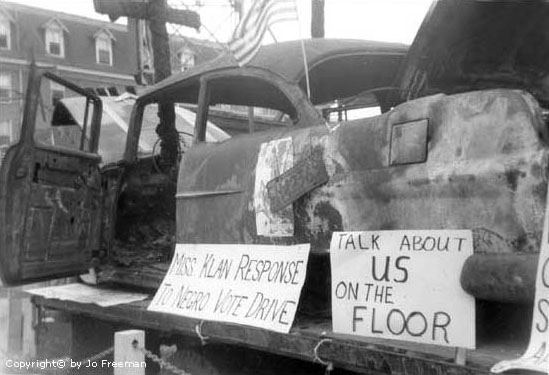

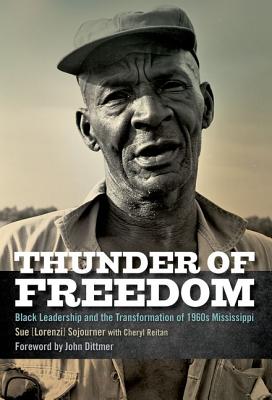
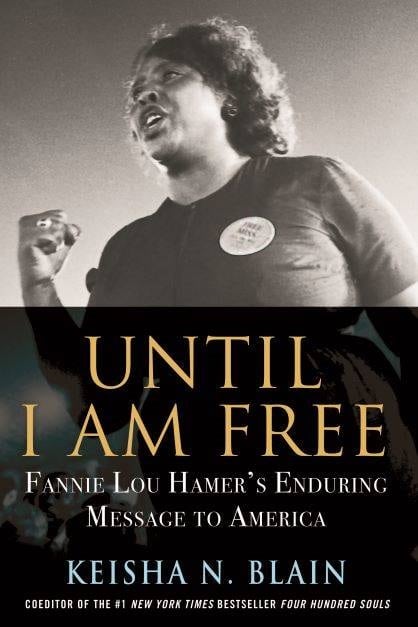
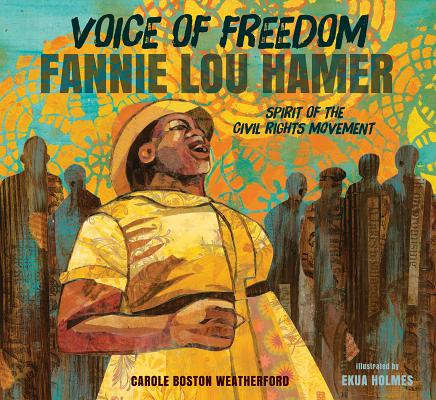
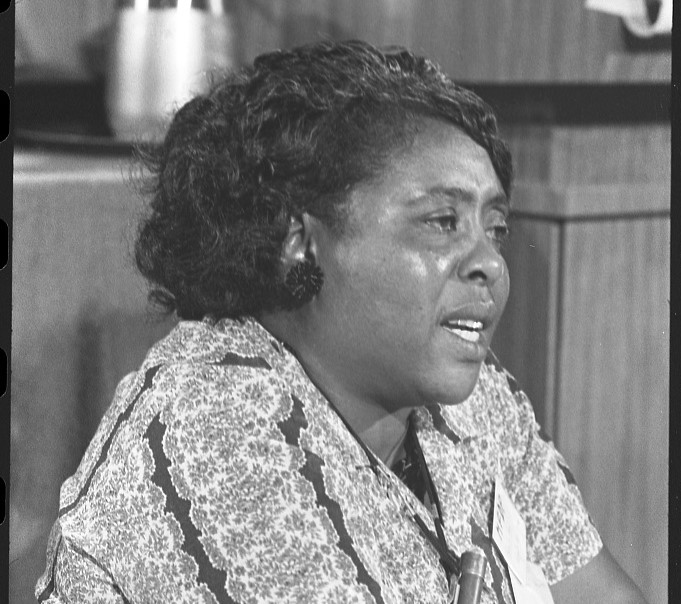





Twitter
Google plus
LinkedIn